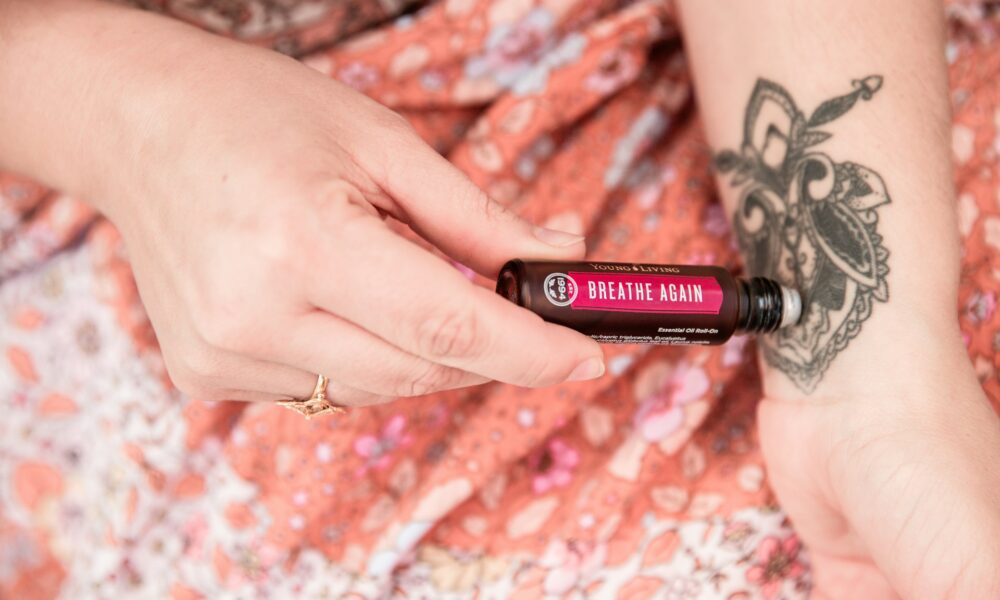Maintaining healthy relationships isn’t always easy. Whether it’s with a partner, family member, or friend, relationships thrive when both parties bring their best selves to the table.
Central to this is self-care—often misunderstood as a luxury or selfish indulgence, when, in reality, it’s a crucial element of fostering meaningful connections.
This blog explores the role self-care plays in relationships. From setting boundaries and finding balance to cultivating self-love, we’ll outline how prioritizing yourself ultimately leads to stronger, healthier relationships.
The Link Between Self-Care and Emotional Availability
Why Emotional Availability Matters in Relationships
Relationships require emotional availability—being present, empathetic, and responsive to your loved ones. However, without self-care, it’s easy to become overwhelmed by stress or burned out, leaving little energy for those closest to you.
When you take care of your mental and emotional well-being, you recharge the capacity to listen, empathize, and support others genuinely. This creates a solid foundation for open communication and connection.
Practical Tips for Building Emotional Availability
- Schedule “you-time”: Dedicate time each week to activities that help you recharge, such as reading, walking, meditating, or journaling.
- Check-in with yourself: Regularly assess your emotional state to identify stressors and address them early.
- Practice mindfulness: Mindful practices like yoga or deep breathing can help you stay grounded and more in tune with yourself and others.
How Self-Love Impacts Relationship Dynamics
Defining Self-Love and Its Influence
Self-love isn’t just a buzzword. It’s an intentional practice of appreciating and respecting yourself, imperfections and all. When you cultivate self-love, you develop confidence and a positive self-image, reducing the need for constant external validation.
This shift not only strengthens your relationship with yourself but also creates opportunities for healthier partner dynamics. You’ll be less likely to rely on others to “fill in the gaps” emotionally and more willing to build an equal, reciprocal connection.
Ways to Practice Self-Love
- Affirm your worth: Use positive affirmations to boost confidence and shift self-perception.
- Accept imperfections: Practice self-compassion, acknowledging that nobody is perfect—including you.
- Invest in personal growth: Read books, take courses, or explore hobbies that bring joy.
The Power of Boundaries in Relationships
Why Boundaries Matter
One of the most fundamental aspects of self-care within relationships is setting boundaries. Boundaries are not about putting up walls or distancing yourself from others—they’re about protecting your emotional and mental well-being while maintaining respect for your partner’s needs.
Clear boundaries reduce misunderstandings, prevent resentment, and create space where you and your loved ones thrive.
Boundary-Setting Tips
- Communicate openly: Be honest about your needs, whether they involve space, time, or emotional support.
- Be consistent: Stick to the boundaries you set, as inconsistencies can lead to unnecessary friction.
- Respect others’ boundaries: Boundaries are a two-way street. Earn the same respect you aim to give.
Balancing Individuality and Togetherness
Striking the Right Balance
It’s easy to lose a sense of self in close-knit relationships, but balance is key. Maintaining individuality ensures you bring a rich, whole version of yourself to the connection, while shared experiences strengthen the bond.
Striking the right balance leads to healthier, more fulfilling partnerships where both parties grow individually and together.
How to Maintain Balance
- Pursue personal goals alongside shared ones.
- Foster independent friendships outside the relationship.
- Create rituals that bring you closer together—like weekly date nights—but also honor solo adventures.
The Role of Self-Care in Conflict Resolution
How Self-Care Improves Perspective
Conflict is inevitable in any relationship. However, practicing self-care equips you with a calmer, clearer perspective when disagreements arise. When both parties approach conflict with rested minds, balanced emotions, and self-awareness, resolution is much easier to achieve.
Strategies for Conflict Management
- Take a timeout when emotions run high.
- Reflect on your own needs and feelings before discussing issues.
- Approach conversations with empathy instead of defensiveness.
Fostering a Community of Care
How Caring for Yourself Inspires Others
Self-care isn’t just personal—it can have a ripple effect within your relationships and community. When others see you prioritize your health and well-being, it normalizes this behavior and encourages them to do the same.
Together, you can create an environment where care and support are mutual and everyone thrives.
Ideas for Community Practices
- Organize group wellness activities, such as yoga sessions or book clubs.
- Encourage check-ins with loved ones to foster open communication.
- Share self-care tips and resources with friends or family who may need extra support.
Build Stronger Connections by Caring for Yourself
Ultimately, self-care is not just an individual act but an investment in your relationships and overall happiness. By prioritizing your emotional health, cultivating self-love, setting boundaries, and maintaining balance, you set the stage for deeper, healthier connections with others.
If you’re ready to explore how self-care can enhance your personal and relational well-being, click here to access additional resources and tips. Remember, the better you care for yourself, the better you can care for those around you.




